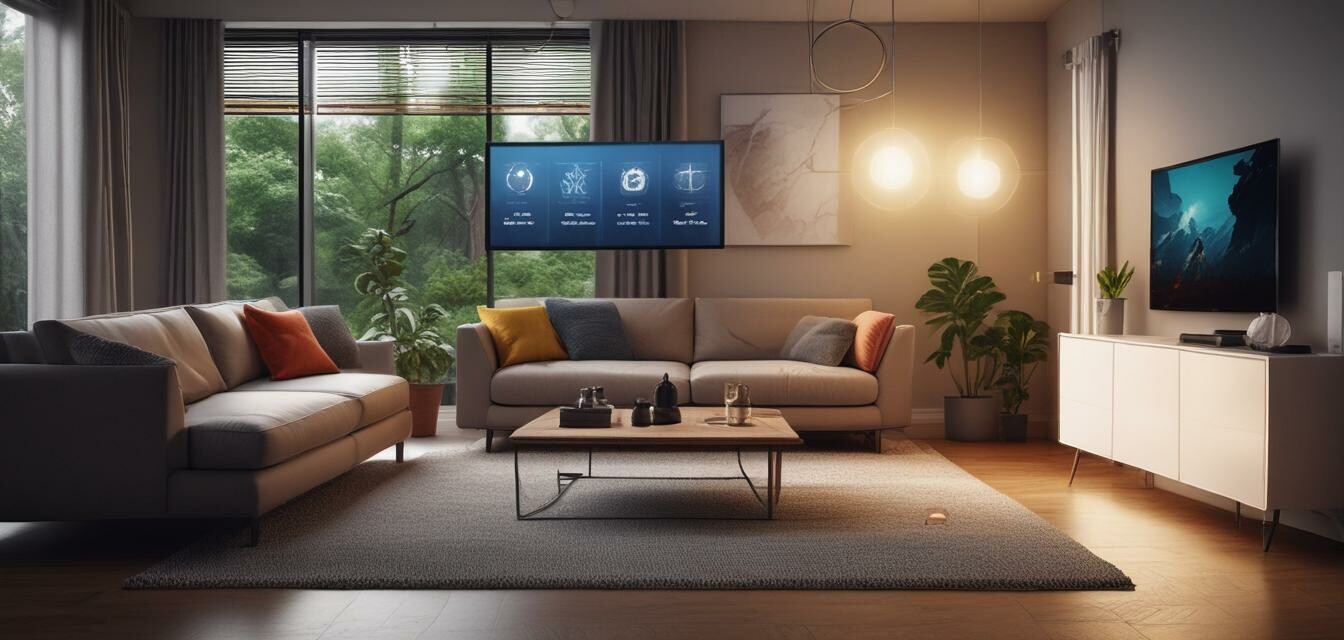
Maintaining Your Smart Home: Tips for 2025
Key Takeaways
- Regular software updates keep devices secure and functional.
- Backup power solutions ensure your system stays online during outages.
- Routine checks on sensors and cameras enhance security.
- Integrate energy monitoring tools for efficient energy usage.
- Organize a maintenance schedule for all devices to ensure longevity.
As technology evolves, maintaining your smart home becomes increasingly crucial. With 2025 just around the corner, now is the perfect time to assess your smart gadgets and ensure they operate effectively. This guide will provide practical maintenance tips that can help you keep your smart home in top shape throughout the year.
Why is maintenance important?
Just like any other aspect of your home, smart devices require regular upkeep to function correctly. Proper maintenance can prevent unexpected breakdowns, enhance performance, and prolong the lifespan of your devices. Neglecting maintenance could lead to inefficiencies and security risks.
Essential maintenance tips for smart home devices
1. Regularly update your devices
Checking for software updates is essential for keeping your devices running smoothly. Manufacturers often release updates to enhance performance or close security vulnerabilities. Make it a habit to:
- Enable automatic updates where possible.
- Check each device periodically for available updates.
2. Create a backup power solution
Power outages can disrupt your smart home's functionality. To prevent this, consider the following:
- Invest in UPS (Uninterruptible Power Supply) systems to keep essential devices running.
- Have backup batteries for your smart security systems.
3. Conduct regular checks on sensors and cameras
Your security devices are only as good as their proper functioning. Schedule time to:
- Test all cameras and sensors monthly.
- Ensure that the camera lenses are clean and free from obstructions.
4. Integrate energy monitoring tools
Keeping track of your energy consumption can lead to significant savings. Consider implementing:
- Smart plugs that monitor energy use.
- Energy-efficient routing for your devices.
5. Organize a maintenance schedule
To stay on top of your smart home care, establish a maintenance routine. A simple schedule can include:
| Task | Frequency |
|---|---|
| Update device software | Monthly |
| Check sensor functions | Monthly |
| Clean smart bulbs and cameras | Quarterly |
| Test backup power systems | Every 6 months |
| Review energy usage statistics | Quarterly |
What to look out for while maintaining your smart home
As you maintain your devices, pay close attention to the following:
- Battery life of smart devices
- Connectivity issues with Wi-Fi or Bluetooth
- Physical wear and tear on hardware
Conclusion
Maintaining your smart home may seem daunting, but with a little planning and diligence, it can be an effortless part of your routine. By following these tips, you can ensure that your devices run effectively and continue to enhance your living space as planned. If you’d like to explore additional smart home solutions, check out our Smart Home Trends and Innovations or browse through our Smart Home Security products for upgrades.
Tips for beginners
- Start with a few devices and gradually expand.
- Read reviews and guides to find the best options for your needs.
- Consider devices that integrate well with your existing home setup.
Pros
- Improved efficiency and energy savings.
- Enhanced home security.
- Convenience and comfort through automation.
Cons
- Initial setup can be time-consuming.
- Requires consistent updates for optimal performance.
- Potential connectivity issues if not monitored.